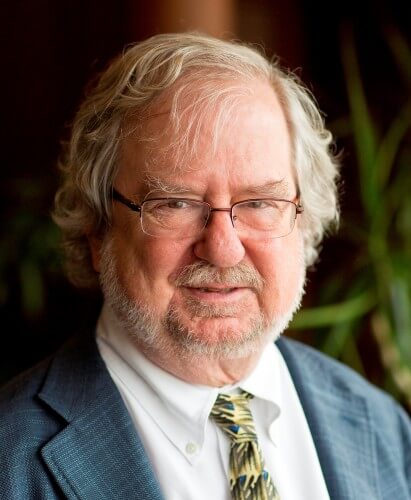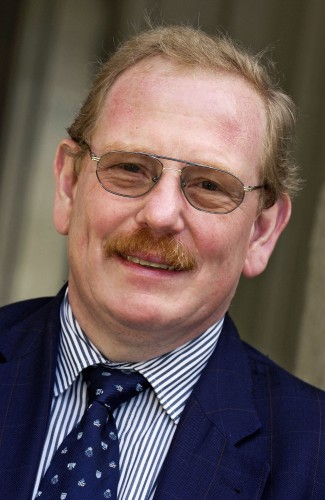About 20% of the recipients of the Harvey Prize, distributed by the Technion, later won the Nobel Prize

The Technion will award the 2014 Harvey Prize to Professor James Allison from Texas (in the field of human health) and Professor Reinhard Gentzel from Germany (in science and technology). The award, in the amount of $75,000, is named after Leo Harvey (1973-1887) and is given annually to men and women who have made a significant contribution to humanity. About 20% of the recipients of the prize later won the Nobel Prize, and one of them is Shoji Nakamura, who today receives the Nobel Prize in Physics for the development of the blue LED.
Professor James P. Allison, who heads the Department of Immunology at the Anderson Cancer Institute, will receive the Harvey Award for developing a new paradigm for cancer treatment and for his theoretical and practical contributions to cancer treatment. The Anderson Institute, affiliated to the University of Texas, ranks first among cancer institutes in the US.
Alison, who was born in 1948 in Texas, deals in the field of immunotherapy - treatment by strengthening the immune system - mainly in the context of cancer treatment. He extensively studied the T cells, which play an important role in the immune system, and discovered that a molecule called CTLA-4, which inhibits them, prevents them from attacking cancerous tumors. Following the discovery, Professor Allison developed an antibody that would block that inhibitory molecule and thus allow the T cells to 'do their job' and attack the tumor. Following his research, the drug Ipilimumab (trade name Yervoy) was developed, which was approved by the FDA in May 2011 for the treatment of advanced melanoma. Currently, Ellison is investigating possibilities of using it and similar inhibitory drugs to treat other types of cancer.
Professor Reinhard Genzel will receive the Harvey Prize in Science and Technology for proving the existence of a black hole at the center of the Milky Way galaxy (our "galaxy"). Genzel, born in 1952, is a faculty member at the University of Berkeley and serves as head of the Max Planck Institute for Outer Space Physics in Gerching, Germany. In 2002 Gentzel, together with his research partners in Germany and California, determined that at the center of the galaxy there is an object whose size is smaller than the size of the solar system, but whose mass is 3 or 4 million times greater than the mass of the sun, i.e. a huge black hole. This determination was based on the abnormal acceleration of stars near the center of the galaxy. Gentzel used innovative optical methods, and infrared photography, to overcome the atmospheric disturbances and the particles in space.

The Technion's Harvey Award was first given in 1972, from the fund established by Leo M. The late Harvey of Los Angeles, in order to recognize great contributions to the advancement of humanity in the fields of science and technology, human health and the promotion of peace in the Middle East. Among the winners of the prestigious award are scientists from the USA, Great Britain, Russia, Sweden, France, and Israel. Here are some of them: Nobel laureate Mikhail Gorbachev, former leader of the USSR, received the Harvey Award for his activities to reduce regional tensions; Professor Brett Sackman (Nobel Prize in Medicine), Professor Pierre Gilles Den-Jen (Physics), Professor Edward Teller for his discoveries in solid state, atomic and nuclear physics, and Professor William Kopf for the invention of the artificial kidney.
The ceremony will take place at the Technion on February 17, 2015.
In pictures:
